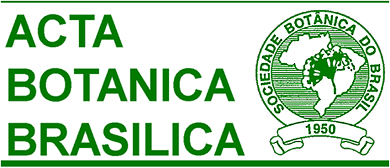The germination and development of several plant species can be limited when those plants are grown in soils with high salinity, which reduces seedling viability and vigor, as well as activating the antioxidant defense system. The aim of this study was to evaluate germination, initial growth and activity of antioxidant enzymes (superoxide dismutase, catalase and ascorbate peroxidase) in seedlings of three onion cultivars (Madrugada, Fepagro 27 and Petroline) exposed to different concentrations of NaCl (0, 40, 80, 120 and 160 mM). Seedlings were evaluated for viability, vigor and antioxidant enzyme activity. The experimental procedures were completely randomized in 3 × 5 factorial design, with each treatment performed in triplicate, at a significance level of 5%. For all cultivars, viability and vigor decreased in parallel with increasing NaCl concentrations, whereas antioxidant enzyme activity increased, and one cultivar (Madrugada) showed less salt tolerance than did the others. We conclude that high NaCl concentrations have a negative effect in the physiological quality of onion seeds, resulting in lower seedling growth rates and increased antioxidant enzyme activity, where Fepagro 27 and Petroline cultivars were more tolerant to salt stress than 'Madrugada'.
Allium cepa; growing; oxidative stress; germination; NaCl





